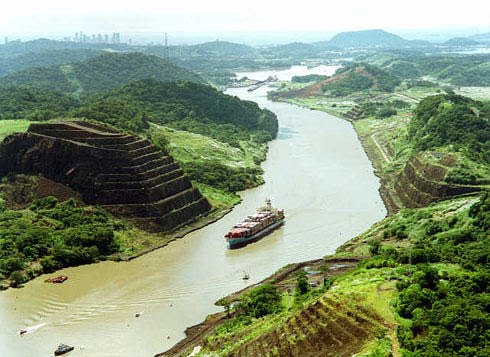The Enlightenment
Voltaire – Enlightened monarch, religious tolerance, rights to property, respect of man
Rousseau – General will, the Social Contract, child development, passion in writing
Locke – All men can reason, “life, liberty and property,” men are a “clean slate” upon which their experiences write
Diderot – Created the concept of encyclopedia, developed the idea that blind could read
Later Thinkers
Karl Marx – Believed in the proletariat and father of modern communism (early19th)
Darwin – Theory of evolution
Einstein – Theory of relativity
Freud – Idea of unconscious mind, Id, Super Ego, Ego
Forces of Change
Population boom in Europe
Potato crops
Improvement in agriculture
Industrialization of factories
Shift in intellectual thought
Spread of ideas: communication
Education and literacy
Western expansion
Development of new ruling/business models
The Age of Revolution
Move away from monarchies
Parliaments
Representation
Freedom of ideas and speech
Awareness and interest of the people
Limited power: government, church
Market economies
American Revolution
The Stamp Act 1765
“ No taxation without representation”
Divergence of national interests
Need for different laws
French Revolution
1789 - 1815
Mirabeau – constitutional monarchy
Danton – the beginnings of Politicians
Robespierre – the “Incorruptible”
Condorcet – man of the enlightenment
Marat – Extremist leader
Napoleon – Military leader, dictator
The Industrial Revolution
1848
Britain to Western Europe to the United States
Change social structure and cultural values forever
Changed working environments and revenue potential
Social Changes
People left the country, for city life
Child labor decreased, children became valued
More adults used to run factories
Women
Cultural Shifts
Consumption and consumerism
“Middle class” values
Beginnings of product crazes (Popular culture)
Consolidation of the Industrial Order
Continued after 1850
Unification in Germany and Italy
Rise of socialism
Standard of living improved
Slow population growth
Rise of capitalism and industry (U.S.)
Railroads
Western World
Economic dependency, political support, colonization
Broadening reach:
Social/cultural values
Institutions
Arts/science/philosophies
Rising tensions in Europe
Loss of colonies
Triple Alliance: Germany, Austria-Hungary, Italy
Triple Entente: Britain, Russia, France

No comments:
Post a Comment